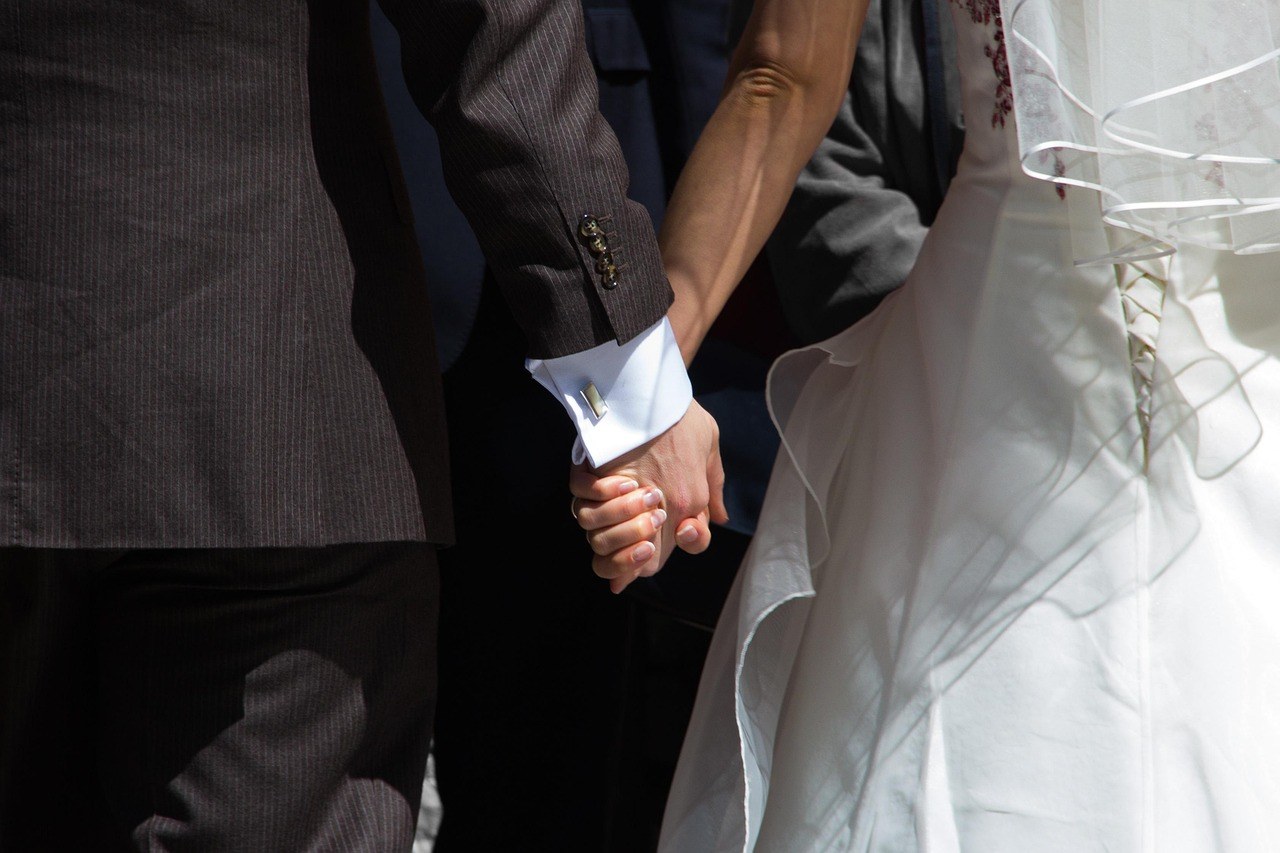Endings rarely feel clean. You make the call, say the words, and step away from a relationship that once mattered – and then a new ache appears where relief was supposed to be. That uneasy aftertaste is often labeled dumper’s regret, a mix of doubt, nostalgia, and pangs of conscience that visits the person who ended things. If you are wrestling with dumper’s regret, you are not broken or heartless; you are human. This guide reframes the experience, maps the common emotional arc, and offers grounded ways to respond so you do not slide back into something you chose to leave.
Breakups Are Harder Than They Look
Making the decision to part ways is seldom a simple judgment call. Whether the romance lasted three months or three years, you shared routines, quirks, and private jokes – a small ecosystem that doesn’t vanish the moment you walk away. People assume the one who ends it gets an easy runway to freedom. Often the opposite happens. A quiet emptiness can follow the initial relief, and dumper’s regret may drift in precisely because you cared enough to think about the impact of your choice.
That internal conflict doesn’t mean the relationship should have continued. It means the transition is emotionally expensive. You closed a chapter you once opened with hope, and hope hates being archived. Recognizing this normal turbulence helps you treat dumper’s regret as weather – not as a verdict that you made a terrible mistake.

What People Mean by Dumper’s Regret
When people talk about dumper’s regret, they usually describe a moment – sometimes days later, sometimes much sooner – when the mind starts cherry-picking the highlights. The laughing fit in the supermarket aisle. The winter weekend you both got snowed in. The playlist you made together. In this selective replay, the problems fade to a low hum while the sweetness turns up to full volume. Dumper’s regret is that tilt toward idealization that nudges you to whisper, “Maybe I misread everything.”
Importantly, dumper’s regret is not proof that love remains or that reconciliation will magically fix what broke before. It is the psyche’s way of easing discomfort by reaching for the familiar. If you let it, dumper’s regret morphs into a siren song that pulls you back to a shore you already decided wasn’t safe for you.
Is It Avoidable?
Short answer: not really. Most people who initiate a breakup feel some version of it. You can, however, blunt the intensity by deciding carefully. If you took time to evaluate the relationship – patterns, conflicts, attempted repairs – then dumper’s regret will feel less like a crisis and more like background noise you can name. When it shows up, remind yourself that discomfort after a hard choice does not nullify the reasons for the choice. Dumper’s regret can coexist with clarity.

Before and after the decision, it helps to write down your reasons in plain language. This simple list becomes ballast when nostalgia makes waves. When dumper’s regret flares, read your notes and remember that the past you is not your enemy – that version of you worked to protect your future well-being.
The Emotional Arc for the One Who Leaves
While there is no single script for heartache, many people who end a relationship notice a predictable rhythm. Understanding the rhythm doesn’t overwrite your unique story, but it can normalize what you feel and reduce impulsive back-tracking fueled by dumper’s regret.
-
Relief: “The hardest part is done.”
In the immediate aftermath, relief tends to dominate. You finally acted on what you had been debating, and the suspense drops. You might replay the conversation, wince at a sharp comment, and still breathe easier. This isn’t coldness; it’s the release of a long mental hold. Dumper’s regret rarely shows up here – the mind is too busy exhaling.

-
Lightness: “I can move how I want.”
Freedom often arrives next. You notice unstructured evenings, reclaimed weekend hours, and a quiet phone. You are not scanning texts for tone or navigating the same old argument. This period can feel buoyant – and because it feels buoyant, it can mask the grief that is still queued up. Dumper’s regret waits offstage, patient and attentive.
-
Nostalgia: “Maybe it wasn’t so bad.”
Then memory edits the film. You pass a restaurant you loved, hear their laugh in someone else’s voice, or scroll past a travel photo, and the highlight reel starts. This is the classic entrance of dumper’s regret. You recall the warmth, the firsts, the rituals – and the reasons you left begin to blur at the edges. Notice the bias. The mind tends to round sharp corners when you miss comfort. Naming this as dumper’s regret helps you let the montage play without turning around.
-
Flatness: “Something feels off.”
After nostalgia surges, a muted stretch often follows. Your energy dips. Work feels fine but oddly gray. The social calendar fills, yet you feel unmoored. Flatness can be the nervous system resetting. It is also where dumper’s regret morphs from yearning into low-grade doubt – not a shout, just a persistent tap on the shoulder. Treat the tap as a reminder to return to your reasons and to the present life you are building.
-
Sadness: “I didn’t expect this wave.”
Finally, grief catches up. The person who was left might have felt this first; you are feeling it now. You are not malfunctioning – you are mourning what didn’t work. Here, dumper’s regret can become heavy because sadness loves to pair with second-guessing. Allow the sadness without converting it into a plan to resurrect a dynamic that made you small. Grief processed is space recovered.
How to Check Your Decision Before You End It
Sometimes endings are premature; sometimes they are overdue. If you are still in the deliberation phase, speak plainly with your partner about the issues. Not every conflict is a cliff – some are hills that can be climbed with new tools. If honest conversation reveals repeated patterns that exhaust you, note them. If mutual effort leads to lasting shifts, note that too. Should you ultimately part, these observations will cushion you when dumper’s regret tries to rewrite history.
Another practical step is to examine the difference between temporary discomfort and structural incompatibility. Temporary discomfort might be stress from exams, long hours at work, or a rough patch with in-laws. Structural incompatibility looks like mismatched values, incompatible communication, or recurring disrespect. Dumper’s regret tends to blur these categories; your written reflections keep them distinct when your heart wants to forget.
Working With the Feeling Instead of Against It
Once the breakup has happened, your job is not to suppress emotion but to steer it. Start by acknowledging the signal: “This is dumper’s regret.” The label is not a diagnosis – it is a way to separate the feeling from urgent action. Give yourself gentle structure: meals that resemble meals, a short walk, a chat with a friend who knows the whole timeline. Structure reminds your body that life did not end; it changed.
When nostalgia spikes, shift focus from imagined scenarios to observable facts. What conflicts kept repeating? What parts of yourself shrank to fit the relationship? Read your list and add details your calm self would recognize. Dumper’s regret thrives in vagueness; clarity weakens it. If you act rashly during the peak of yearning, you risk volunteering for the same cycle that wore you down before.
It also helps to reduce contact – not as punishment, but as clean boundaries. Muting, unfollowing, or stepping away from social media gives your brain fewer cues to spark the loop. Dumper’s regret loves triggers. Fewer triggers mean fewer spirals. And if you cross paths unexpectedly, offer a simple hello and keep your footing. You do not need to conduct an emotional autopsy in a doorway.
Handling Delayed Waves and Public Triggers
For many, dumper’s regret doesn’t appear until life looks normal again. You’re at a café, and a song you both loved plays. You see your former partner laughing with friends, looking lighter. A delayed question bubbles up: “Was I wrong?” Remember the context – you are seeing a snapshot, not a full story. Their smile does not invalidate your reasons, and your pang does not equal a mandate to return. It is simply a moment of missing what was familiar.
Let the feeling rise and fall without turning it into a project. Breathe. Text a friend who understands the pattern rather than one who will stoke drama. Keep your plans. Dumper’s regret often shrinks when you move, talk, and re-enter your day instead of sitting still and letting imagination write a fairy tale about the past.
Why Reconciliation Out of Guilt Is Unfair
Going back solely because you feel bad is a kindness that isn’t kind. Your ex had to metabolize shock, confusion, or sadness. Reappearing because dumper’s regret is loud can reopen their wounds and restart the cycle you both endured. Unless the specific issue that ended the relationship has been addressed thoroughly – and can be repaired by both of you – returning usually repeats the same pattern with fresher scars.
There are situations where both people do the work and reconnect responsibly. But dumper’s regret by itself is not the work. It’s the weather. If conversation, therapy, and time have yielded concrete change, that is a different decision. Without that, dumper’s regret is best treated as a feeling to move through, not a green light to rewind.
Keeping Perspective When the Mind Fixates
When you’re low, the mind loves to cling to the single positive and ignore the many negatives. Counter that bias gently. For every remembered sweetness, recall the complete scene. The perfect weekend followed by a week of cold distance. The hilarious story that ended in the same argument. This is not character assassination; it is balance. Dumper’s regret narrows your focus – widening it returns you to reality.
Consider small rituals that reinforce your present life: a new Saturday routine, a shelf you rearrange, a short trip with a sibling or friend. These are not distractions so much as signals that your world remains wide. When dumper’s regret whispers at odd hours – and it will – you can answer with these living reminders that your choice created room for growth.
Self-Compassion Over Self-Punishment
Finally, resist the urge to shame yourself for having feelings. Breaking up required courage. Feeling sad afterward requires humanity. You can hold both truths at once – courage and tenderness – without letting either dictate a return to what hurt. Speak to yourself the way you would speak to a friend: honest, steady, and kind. Dumper’s regret loses force when it meets compassion instead of panic.
You do not have to pretend the relationship had no good moments. Of course it did, or you wouldn’t have stayed as long as you did. The goal is not to erase the good but to hold it alongside the reasons it had to end. That is grown-up grief. That is integrity. And when dumper’s regret circles back, as it sometimes will, you’ll be ready to nod at it – and keep walking.